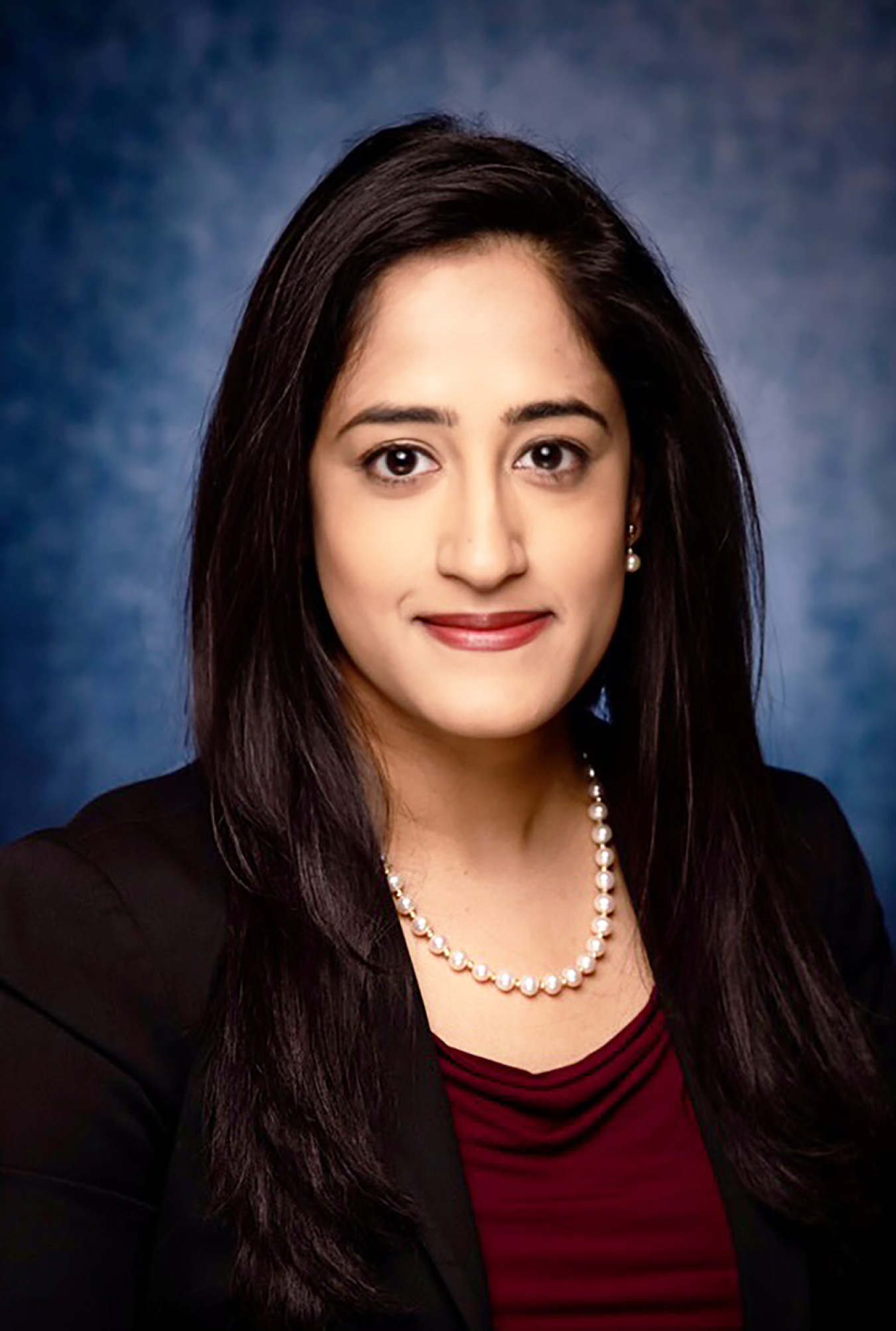Meet Anagha Iyengar. She speaks five languages and leads an NNSA program responsible for developing new ways to reduce the risk of nuclear terrorism and anticipate new threats to global nuclear security.
National Nuclear Security Administration
May 23, 2023
How do you support NNSA?
I am a deputy program director for Analytics and Innovation within NNSA’s Office of International Nuclear Security. The program is responsible for developing new ways to reduce the risk of nuclear terrorism and anticipate new threats to global nuclear security.
What is your personal or cultural background, and how has that shaped you and your approach to your career?
My cultural background is Indian, and I immigrated to the U.S. from India at a young age with my family. Since I grew up between two cultures, this effectively made me a “third culture kid.” This helped me cultivate cultural intelligence in the sense of having to assimilate into two very different environments, open mindedness, and tactics to bridge communication gaps that comes with a multicultural upbringing. This has shaped my career; I am passionate about working at the nexus of technology development and policy and working with international partners. I find that a lot of the experience I had growing up the way I did helped me cultivate the skills needed to effectively bridge the communication gap between technologists and policy makers.
What did you study in school and how did it impact you personally and professionally?
I have a bachelor's in nuclear engineering from the University of California-Berkeley, and a master’s and Ph.D. in nuclear engineering from the University of Tennessee. It was a significant commitment to go down this path and wasn’t a decision I took lightly. Scientific research often involves uncertainty and risk, especially when conducting experiments or developing new technologies. As a researcher, I learned to be comfortable with taking calculated risks, and how to learn valuable lessons from both successes and failures. While pursuing a Ph.D. gives you very specialized knowledge within a field, I also gained a lot of transferable skills that I can use in my current career path at NNSA like asking questions that challenge existing assumptions and theories, applying the critical thinking skills, and persevering through uncertainty and ambiguity.
If you want to work at the nexus of technology and policy, develop effective communication skills. They are critical whether you are communicating with colleagues, stakeholders, or the public.
What led you to a career in nuclear security?
I found out about NNSA and its mission in nuclear security and nonproliferation during my internships at NNSA labs, including Lawrence Livermore (LLNL) and Sandia National Laboratories. As an undergraduate I participated in the Next Generation Safeguards Initiative program at LLNL, and my research mentor at the time, who now works at NNSA, inspired my desire to work in this field. In 2014 I participated in the NNSA Graduate Fellowship Program in the Office of International Nuclear Safeguards. Since then, I have supported the nuclear safeguards mission, and last year I transitioned over to nuclear security.
What is the best part about your job?
Being a technical program manager in a research-oriented organization like NNSA is an extremely rewarding role, with opportunities to contribute to projects critical to national security, knowing that this work is making a meaningful contribution to reducing the risk of nuclear terrorism, and researching and anticipating emerging threats to global nuclear security. A rewarding aspect of the role is working alongside global leaders in the field at the national laboratories to jointly develop technical approaches to address complex challenges.
What is your proudest accomplishment while working at NNSA?
My proudest moment was having the unique opportunity to stand up a congressionally mandated program in my previous role that focused on the international safeguards challenges associated with advanced and small modular nuclear reactors. Countries around the world are looking towards nuclear technologies as an effective means of decarbonization. I was proud to play a part in standing up this important program as its impact goes beyond strengthening nuclear safeguards, but also in helping ease U.S. industry’s transition into the global market.
Tell us something interesting about yourself.
I have a black belt in Tae-Kwon Do and speak five languages!
What advice would you have for anyone interested in a career in STEM?
Be curious and don’t be afraid to ask questions. STEM fields require complex problem solving and critical thinking skills, so engaging in projects, internships, and research opportunities allows you to develop these skills. Additionally, seek out a support system and mentors that can introduce you to STEM topics and can help you expand your network. Finally, if you want to work at the nexus of technology and policy, develop effective communication skills. They are critical whether you are communicating with colleagues, stakeholders, or the public.
Why do you think diversity and inclusion is important to your profession?
In the nuclear security space, we face a variety of challenges from cybersecurity and insider threat mitigation to identifying novel approaches to mitigate threats from emerging technologies. Diversity and inclusion play a critical role in enhancing NNSA’s ability to meet its nuclear security mission. Studies have shown that a diverse and inclusive workplace promotes innovation and creativity since individuals with different backgrounds and experiences bring unique perspectives and ideas to the table. This results in creative solutions to complex problems, similar to problems that NNSA is tackling.

